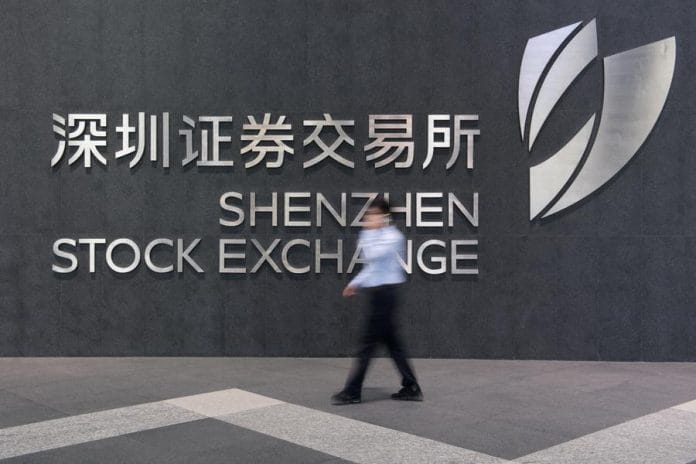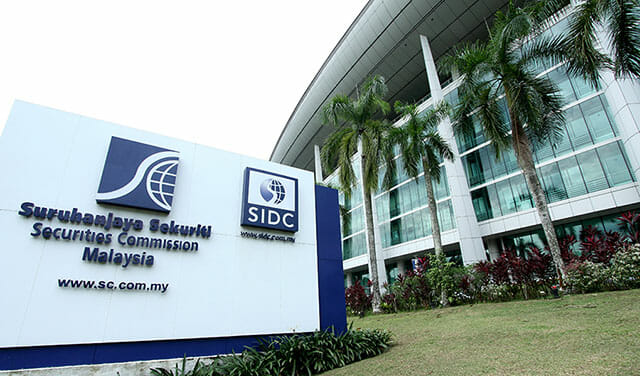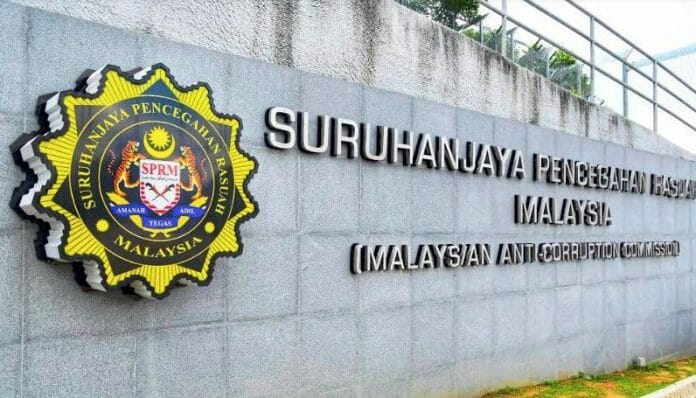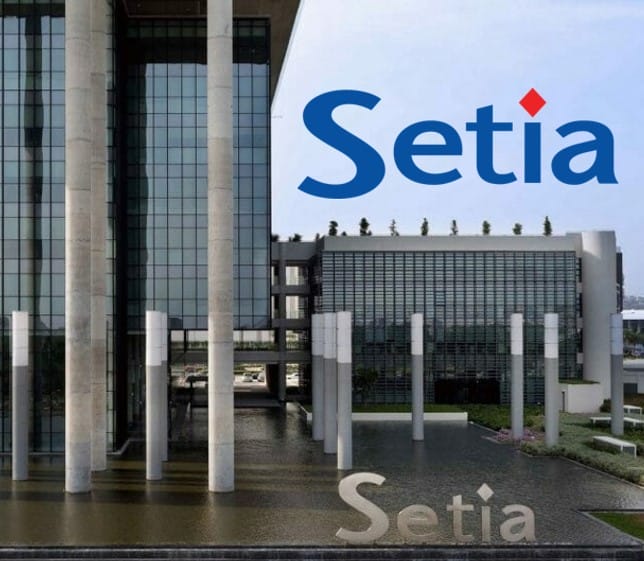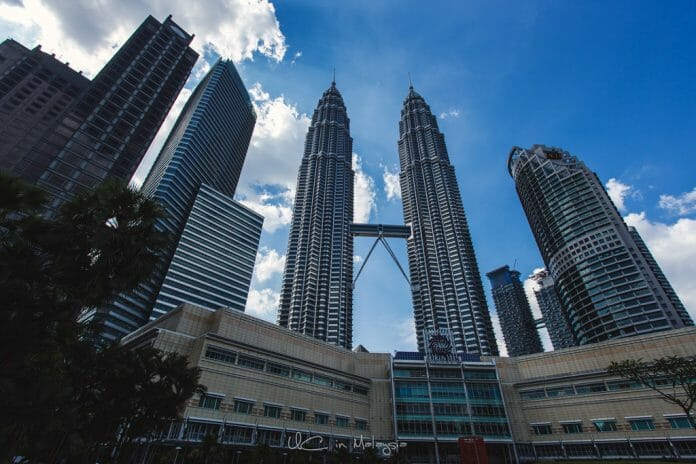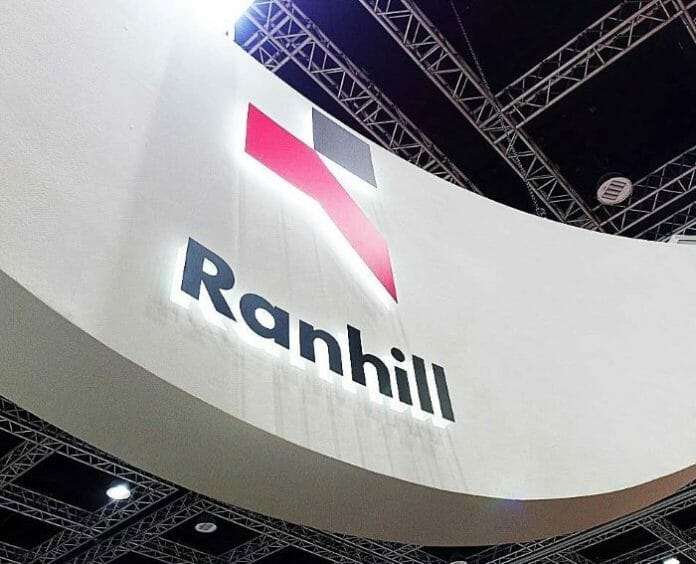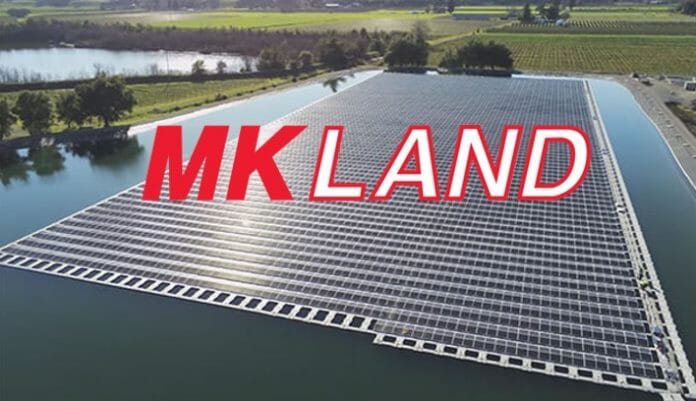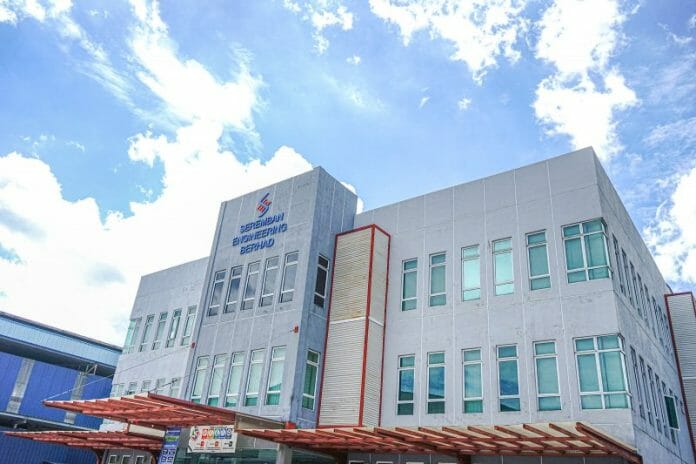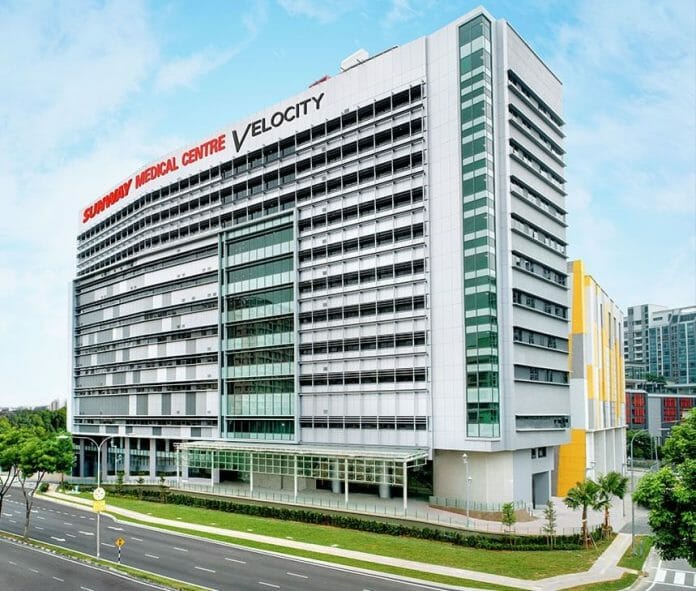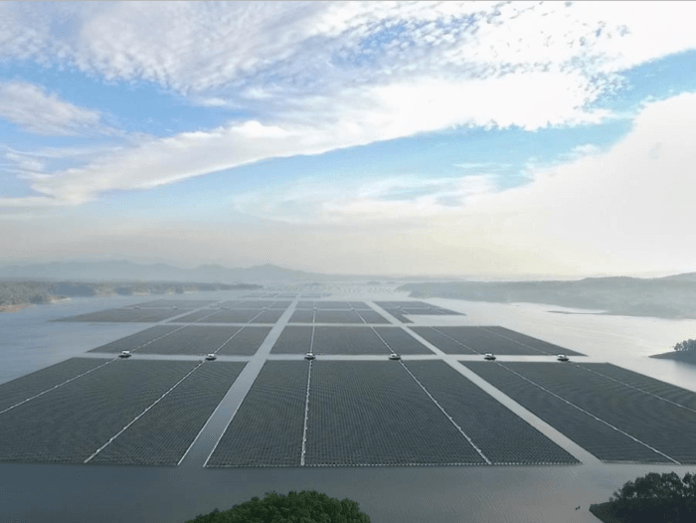Stocks in Asia are mostly headed for early declines after traders reassessed the path forward for interest rates, tempering the optimism linked to Wednesday’s US inflation reading.
Equity futures for Japan and Australia fell, while those for Hong Kong edged higher. The moves followed a lackluster day on Wall Street where the S&P 500 and Nasdaq 100 both fell 0.2%, easing back from their highs. The Dow Jones Industrial Average briefly surpassed 40,000 points before retreating to close lower.
The Golden Dragon index of US-listed Chinese companies rose 2.5% Thursday following gains for Chinese benchmarks. The US-tradable shares in Alibaba Group Holding Limited rose 7.1%. Baidu Inc advanced after profits surpassed forecasts, while JD.com Inc also rose on robust results.
The downbeat day in US risk assets tracked a repricing of Federal Reserve rate cut expectations in the swaps market. Swaps traders had increased expectations from one cut in 2024 to two following Wednesday’s consumer price index data. On Thursday, those bets retreated, leaving just one cut fully priced in this year.
“There is a lot of leeway for the stock market if we do see a short-term pullback soon,” Matt Maley at Miller Tabak + Co. “Put another way, the bulls are still fully in charge right now, and so it will take a significant reversal to stem the tide of the upside momentum.”
Australian and New Zealand yields climbed, tracking moves in Treasuries on Thursday that partly undid moves from the prior day. Higher yields supported the greenback, with a gauge of dollar strength trading steady on Friday after stemming a two-day decline.
The yen was little changed early Friday after easing lower on Thursday. One former Bank of Japan chief economist suggested the central bank may raise interest rates three more times this year with the next move coming as early as June, given its easy policy settings.
In China, traders will be focused on signs of further support for the property sector, including a potential plan to clear excess inventory, according to media reports. Key officials will meet Friday morning to discuss such a plan, according to people with knowledge of the matter.
Higher for Longer
Three Federal Reserve officials said the central bank should keep borrowing costs high for longer as policymakers await more evidence inflation is easing, suggesting they’re not in a rush to cut interest rates.
Cleveland Fed President Loretta Mester, New York Fed President John Williams and Richmond Fed President Thomas Barkin, speaking separately Thursday, argued it may take longer for inflation to reach their 2% target.
Meantime, Jamie Dimon said he’s still more worried about inflation than markets appear to be. The JPMorgan Chase & Co. chief said significant price pressures are still influencing the US economy and may mean interest rates will be higher for longer.
“There are a lot of inflationary forces in front of us,” Dimon said in an interview on Bloomberg Television Thursday. “The underlying inflation may not go away the way people expect it to.”
In Asia, data set for release includes home prices, industrial output and retail sales for China, gross domestic product for Malaysia and Hong Kong, and exports for Singapore.
Commodities were broadly higher. West Texas Intermediate climbed early Friday, on pace for a third day of gains. Gold was slightly higher after a Thursday drop. Bitcoin traded above $65,000 after halting a decline in the prior session. – Bloomberg


